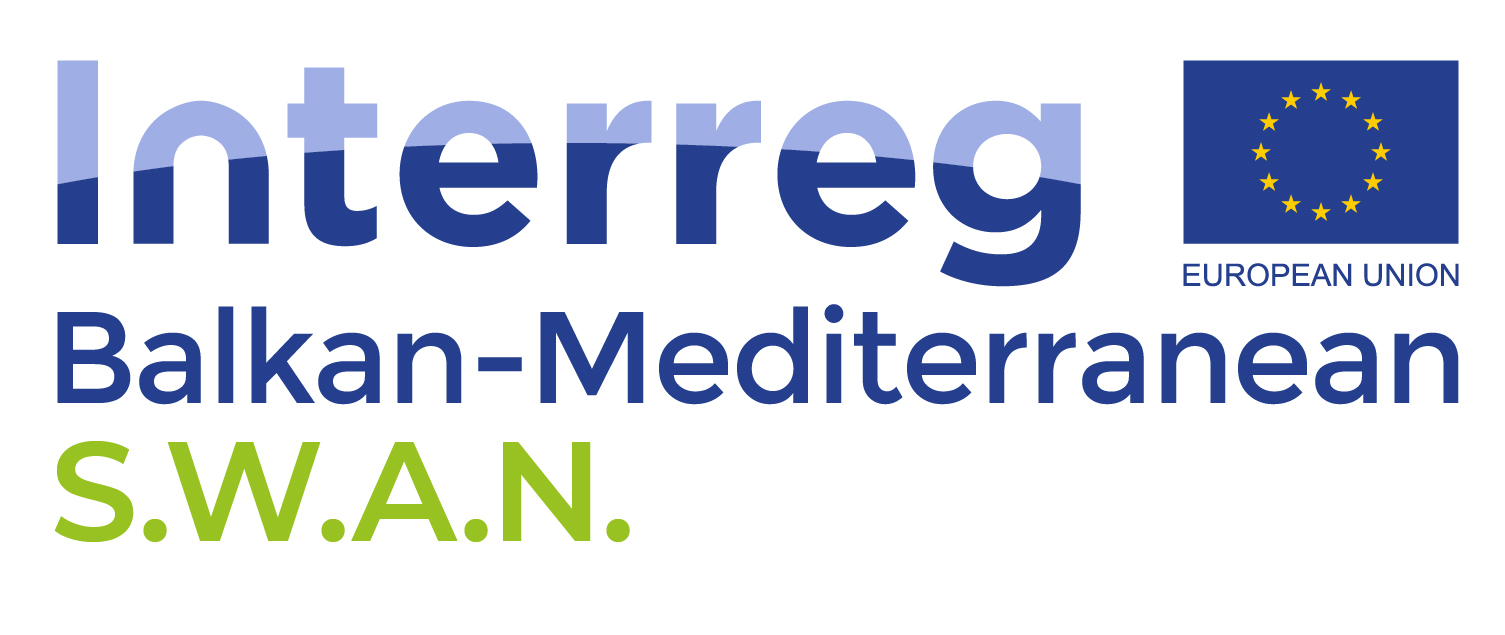
Project title
A digital Solid Waste reuse plAtform for BalkaN
Code
SWAN
Project Coordinator
Start date
01-01-2017
Expected Completion
31-12-2019

